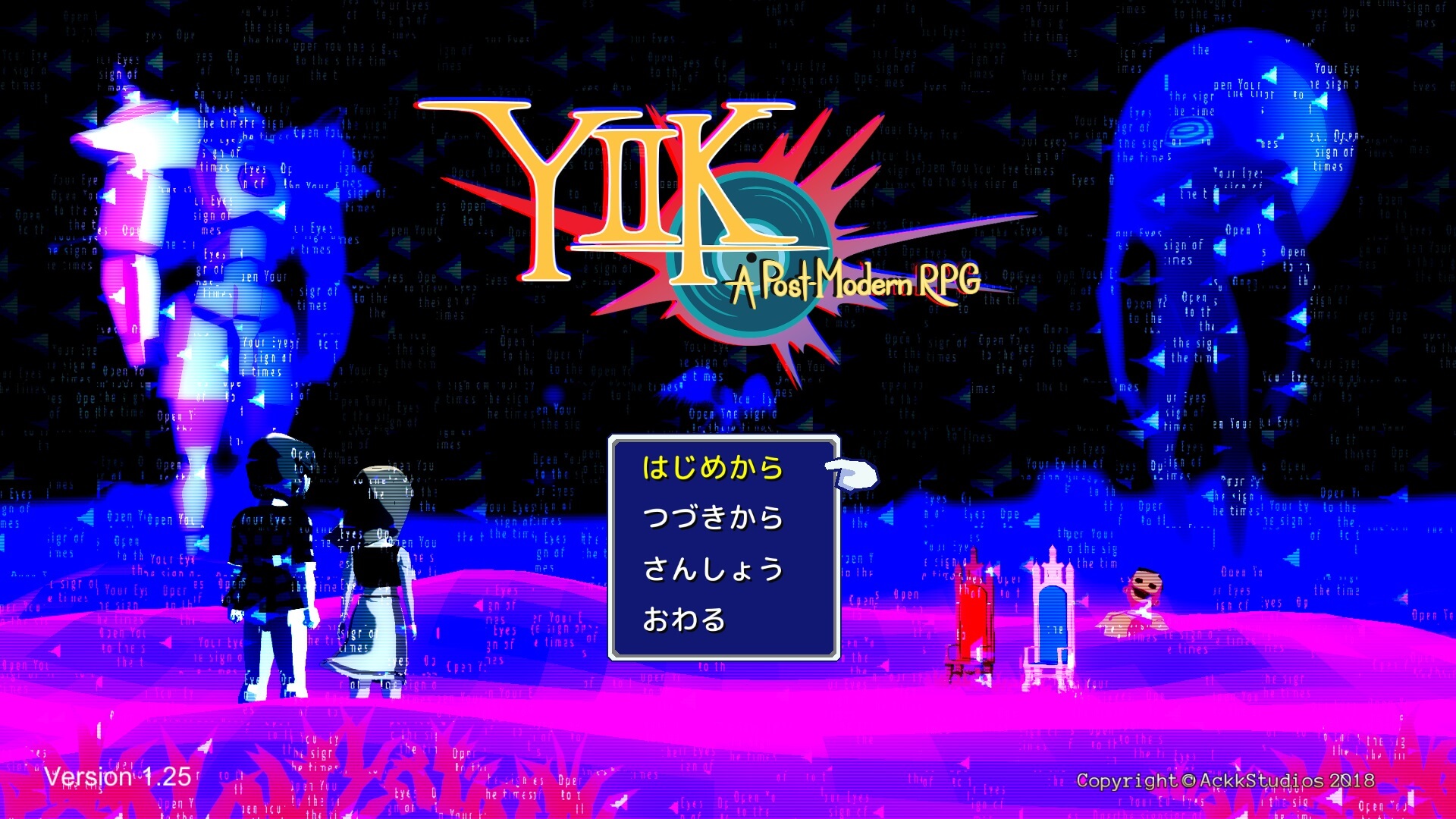
Change can be hard to accept, but sometimes we have no choice. Startin’ your whole life over… But sometimes havin’ a second shot is just what ya need, so ya can try things out without fear of failure.”Ĭhange is the destruction of things, like hair or houses. Resetti will speak with you before resetting your town: “It ain’t gonna be easy, ya know. In Animal Crossing: New Leaf, a mole named Mr. There’s always melancholy involved with deleting an entire save, especially if you’ve spent hours trying to create a beautiful town for the villagers. In every Animal Crossing, players are allowed the option to destroy their town. But rather than fear that fact, they embrace it, and roll with their new reality. When the town does make it back above Earth, they acknowledge that things will probably not be like they were before. Falling through a hole may be a sudden change, but not one to be completely afraid of. As each person retells how they found themselves thousands of miles beneath the Earth, they do so without much fear. Change is always imminent, and always embraced.Įven the residents in Donut County embrace their lives inside of a pit.

Animal Crossing is all about the end of things, whether it be seasons or small items. Everything comes to your hand, to then be taken off your hands, either by selling it to other villagers, or by donating it to a museum. The game isn’t just about collecting debt, but also clothes, furniture, fish, and fossils. When you finally pay off that debt, business-savvy Tom Nook convinces you to expand, giving you more debt. You take a large amount of debt to buy a small house. The reward is a clean home and town.Īnimal Crossing is similar to Donut County in that they are both about gathering things to destroy them and then gather them all over again. Scouting for weeds to pluck is like taming a stray hair, and stomping a roach is a small game. As sad as it may be to see these things, making them disappear is cleansing. Both acts are a sign of an unkempt town-weeds appear every day and can soon overcome a town, and roaches appear in homes after a week of not playing. Small changes may seem unimportant, but they can leave a great impact, especially over time and as they add up.ĭonut County reminds me most of the sensation of plucking weeds or stomping roaches in Animal Crossing. Large change, like a move to a new state, or the birth of a child, can be exciting but terrifying. Each section starts with a small hole that feeds on rocks and grass until it eventually grows large enough to reach people and buildings.

Donut County gets at the beauty of the slow build of change.

It’s clipping finger and toenails, listening to the loud click of the nail clipper, but without gross bits of nail flying everywhere. Watching cars erupt into a mass of metal and fire or watching big blocks of dirt disappear from the strength of one creeper can be exciting, but those silent, steady losses are what feel so much like real life, like change, whether welcomed or not.Ĭontrolling a massive hole bent on eating up everything feels like trimming hair-that addictive urge to cut a little more, a little more, until you’ve gone a little shorter than expected. I’m less interested in the massive explosions and chaotic annihilation found in games like Grand Theft Auto or Minecraft. It’s so soothing that you’ll start to find it strange how relaxing it is to watch a town be destroyed. It sounds dangerous, as if death and destruction would be the most obvious and immediate results of a large hole in the ground, but Donut County is calm and quiet. In Ben Esposito’s Donut County, destruction comes in the form of a raccoon-controlled hole that grows every time a new item falls into it and consumes everything it comes across. There is something so satisfying about the slow, meticulous mode of destruction in a videogame.


 0 kommentar(er)
0 kommentar(er)
